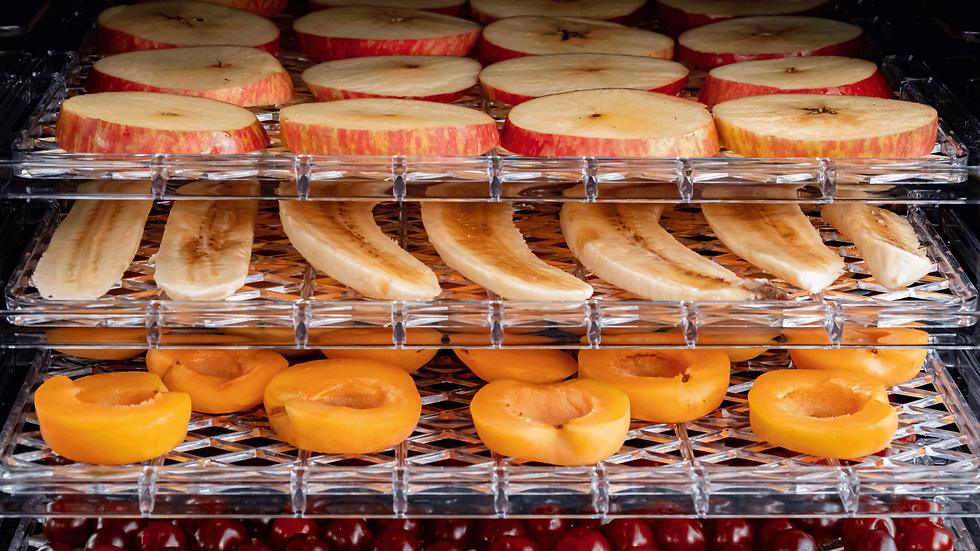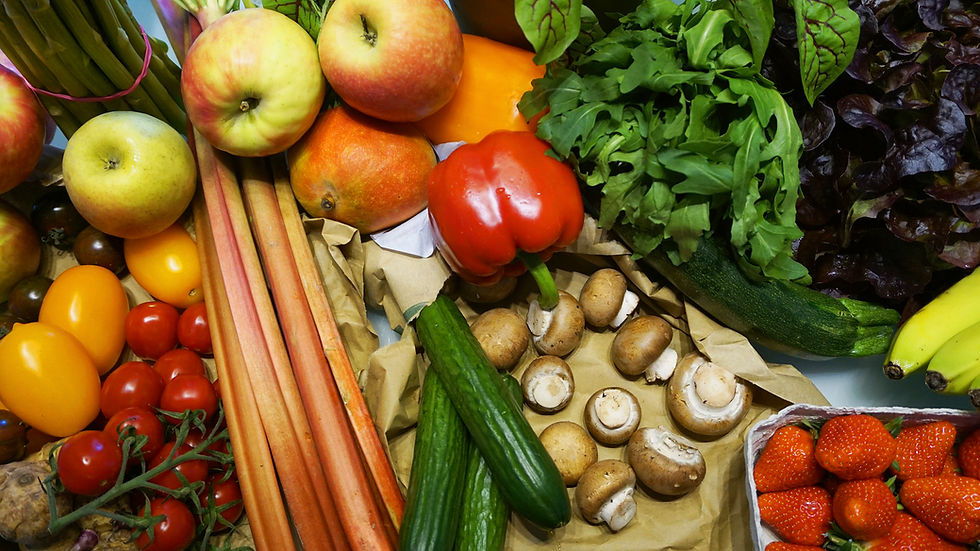Dehydrated Vegetables vs. Frozen Vegetables
- Ellie Chen
- Jun 18, 2024
- 2 min read
The Ultimate Guide for Dehydrated Vegetables Enthusiasts

In today's fast-paced world, convenience and nutrition often feel like opposing forces. But what if you could have both? Dehydrated and frozen vegetables offer a solution for busy people who want to add healthy ingredients to their meals without the hassle of fresh produce. But which option reigns supreme? Let's break down the key differences between dehydrated and frozen vegetables to help you decide.
Table of Contents
Freshness & Convenience
Nutrition
Taste & Texture
Cost & Shelf Life
The Verdict: It Depends!
Bonus Tip: Combining Dehydrated and Frozen Vegetables
Dehydrated Vegetables from [Your Company Name]
Conclusion
Frequently Asked Questions (FAQ)
Freshness & Convenience:
When it comes to convenience, both dehydrated and frozen vegetables offer significant advantages over fresh produce. Let's explore the specifics:

Nutrition:
Busy lifestyles often lead to compromised eating habits. Both dehydrated and frozen vegetables offer a nutritious alternative to skipping vegetables altogether. Let's see how they compare:

Taste & Texture:
While both dehydrated and frozen vegetables offer the benefits of convenience and extended shelf life, taste and texture are important factors to consider when making your choice.

Cost & Shelf Life:
When it comes to cost and shelf life, here's a breakdown of the key considerations:
The Verdict: It Depends!
As you can see, both dehydrated and frozen vegetables offer unique advantages. The best choice depends on your priorities:
Bonus Tip: Combining Dehydrated and Frozen Vegetables!
Why not leverage the strengths of both options? Frozen vegetables are a great choice for everyday use, while dehydrated vegetables are a perfect addition to your emergency pantry or hiking backpack.
Dehydrated Vegetables from Freshtimefoods.
At Freshimefoods , we are committed to providing high-quality, nutritious dehydrated vegetables
Conclusion
Dehydrated and frozen vegetables are both valuable tools for busy people who want to incorporate healthy and convenient options into their diet. Ultimately, the best choice depends on your specific needs and priorities.
Here's a quick recap to help you decide:
No matter which option you choose, you're making a healthy choice by incorporating vegetables into your diet.
Frequently Asked Questions (FAQ)




Comments